How These Five Industries Were Changed Forever By The Internet

Can you imagine the world and our lives without the internet? To be perfectly honest, I cannot. In the last 15 years, the world wide web has changed our culture. Our lives have become intertwined with the internet. It effects us all everyday. Due to its effectiveness and convenience, many once popular industries find themselves on the ropes, struggling to keep up and survive. Here's a rundown of five industrial industries that the web has changed forever.

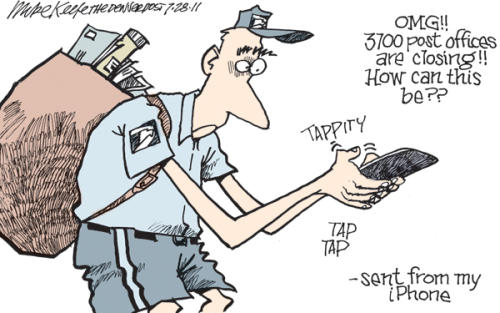
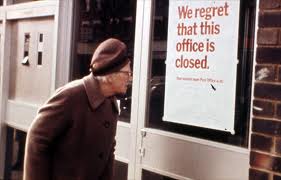
1. The United States Postal Service
Who would've thought that the mailman's job would be in jeopardy? The kid in all of us, remembers the excitement of seeing the mail truck getting closer to your house. Having the carrier put those various envelopes and magazines in your hands was a big deal! Fast forward to adulthood, I rarely care if I ever see the mailman, let alone take the hand delivery. My mailbox is checked about twice a week. It's almost running over in useless junk. "Why", you may ask? I now pay most of my bills online. No paper checks to write or envelopes to mail out. It can be done at any time of the day, from anywhere, and all you need is an internet connection. You shouldn't have any trouble finding one. The majority of Americans have followed suit. Due to decreased demand, the postal service has been forced to shutter some offices and reduce the workforce. There was even talk about the service stopping all delivery on Saturday. There is a saving grace or two for the USPS. There will always be a need to send and receive packages. Also, many baby boomers and elderly citizens don't rely on the web, as much as younger people do. Though it's relevance has been reduced, the postal service still has some life left.



2. The Music Industry
Growing up in the 1980s, I fell in love with music. Going to the local record store to buy a cassette tape was as big as it got for a youngster in elementary school. In the 90's, it was all about compact discs, or more affectionately known as CD's. Y2K, brought about a new millennium and "Napster." Napster, was the first major file sharing service. It was a gift from above. You could use your internet connection to downloads millions of songs! It sent shock waves thorough the music industry. Music stores nor the industry were ever the same. It was hard for artists to get credit for record sales. Gone were the days of artists being recognized for selling millions of copies. Big wig music execs stepped in and Napster was shut down. The damage had been done. Soon Limewire, would become the new "Napster." Too good to be true, Limewire, was shutdown as well. All over the internet that are many site promising free downloads. Some of these sites are dangerous and illegal. We all know the greatness of iTunes. iTunes is a paid service that is legal and won't harm whatever device you use. While I do enjoy the convenience of buying music from the web, it's not the same experience. Having no physical disc, album cover, or lyrics to read takes some of the enjoyment out of digital music. Nevertheless, you can't beat buying whatever song or album you want, whenever you want at the click of a mouse.


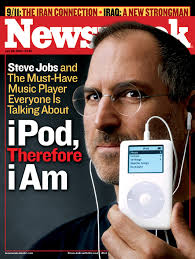
3. Newspapers and Print Media
Newspapers were our primary source of information for decades. Dependable and trustworthy, they were an iconic American tradition. Who doesn't remember their father or grandfather reading his paper? The key words are "father" and "grandfather." Newspapers have truly become yesterday's news. It's not that newspapers aren't valuable or don't provide good information. In today's society, papers are just too slow. Instantly, we can get breaking news all over the world wide web. There's competition in every form. Some people look forward to the sales portion of Sunday's paper. Most of the big retailers have their weekly sales ad on their site. All we could ever think about reading is a click away. To compensate for this, all major newspapers now have websites, as well. Some editions across the country have stopped the presses. Many fine writers and columnists that once wrote for their local companies are now solely online. Magazines have also suffered from the rapidness of the internet. For example, Men's Health, has the same articles, tips, and photos on their website as the magazine does. Why pay 5 bucks for the magazine, when it's on the website forever? Similar to music, some people still like the feel of the actual product in their hands. They enjoy turning the pages and some love magazines for collection purposes. While print media may never become extinct, the glory days are in the rear view mirror.

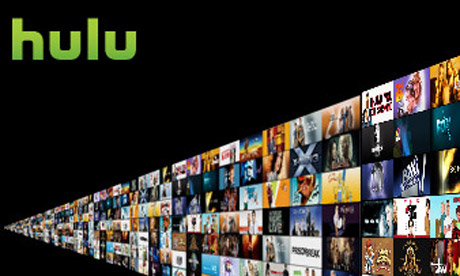
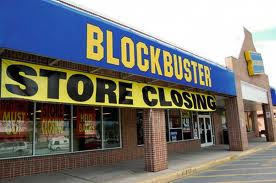
4. Movies/ Video Rental
"Be kind, please rewind." That should ring a bell for most of us over the age of 20. Going to the local video store or Blockbuster, was as American as apple pie. It was fun to look at the rows and rows of videos to choose from. Whether on VHS or DVD, video rental was a profitable business. It still is, not just in the traditional sense. Also, the Redbox, movie vending machines hurt the brick & mortar video stores as well. Suffering the same fate of the music industry, movies can be streamed via the internet. New releases can be downloaded from the web, also. At the current moment, Netflix, is the leader among sites that offer streaming. Hulu, is another major streamer as well. With an adequate internet speed, thousands of movies are available for high-definition viewing. While these services are not free, they pay for themselves quickly. The internet has provided us the comfort of enjoying movies at home without ever having to leave the couch.

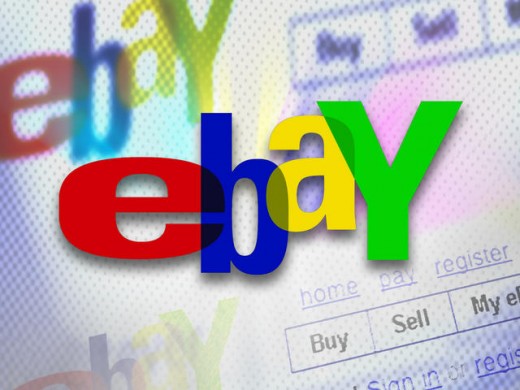

5. Electronic Retailers
Years earlier, stores like Best Buy and Circuit City were the dominant electronic retailers. They were locked in a very competitive battle for the top spot. From compact discs, movies, televisions, and other major electronics, the stores were popular and full of customers. With the arrival of Amazon and ebay, big box stores were never the same. The online competitors were usually less expensive. They also offered perks such as tax free and free delivery. At the click of a mouse, the same items in the stores could be purchased on the internet. Or customers would go into the stores to see the television they wanted in the store, only to drive home and purchase it online! This hit the big boys hard. Declining sales and poor management led Circuit City to close their doors in early 2009. They've tried to resurface as an online store. While Best Buy, is surviving the tide has changed. They've had to close stores as well. Now, there's even more competition from online retailers. It's a fact, that the deals online are better. Several big box stores are now matching competitors prices to keep the consumer. Of course the economic climate is a factor but the internet as played just as an important part in the decline of these once giant franchises.








